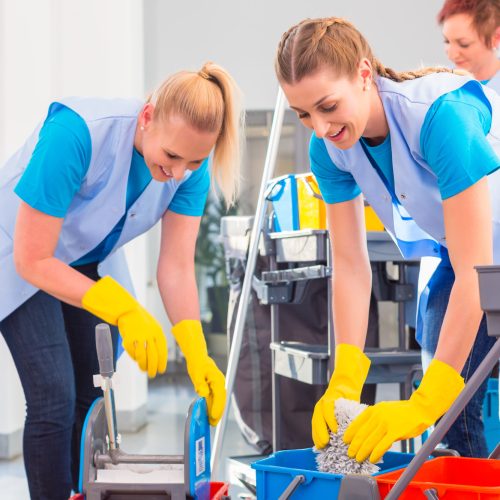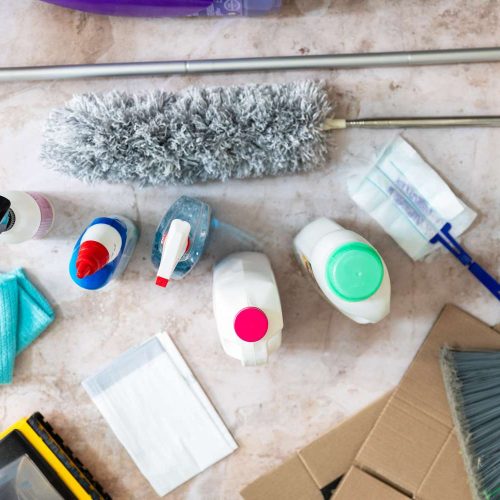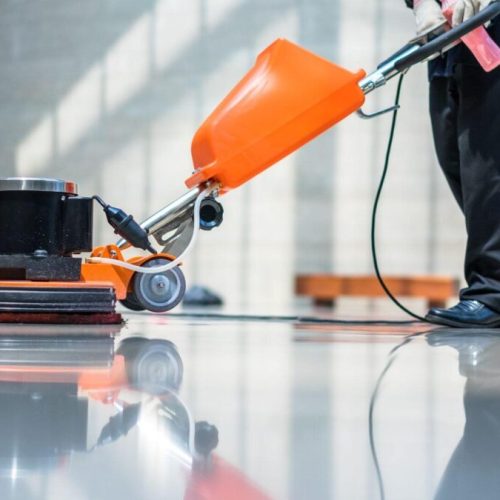In a world where health has become a top priority, proper hygiene stands out as an essential practice for collective well-being. Hygiene habits have always been important, but in modern times, they have gained even greater significance due to globalization, rapid urbanization, and recent pandemics. This article delves into the evolution of hygiene, its role in daily life, the benefits it provides, and how to overcome existing challenges.
The Evolution of Hygiene: From the Past to the Present
The history of hygiene dates back to ancient times when rudimentary practices already indicated concern for health and the environment. Civilizations such as the Egyptians and Romans introduced sewage systems and public baths, although these were often limited to the elite. During the Middle Ages, neglect of cleanliness contributed to devastating pandemics, such as the Black Plague.
Only with the Industrial and Sanitation Revolutions did modern hygiene practices begin to take shape. Clean water supply systems, sewer networks, and the development of disinfectant products marked significant advancements. In contemporary times, science and technology have further propelled hygiene practices, introducing vaccines, more effective detergents, and specific cleaning protocols to prevent infectious diseases.
This evolution has taught us that hygiene is not just a matter of comfort but a vital element of public health. In modern times, proper hygiene has become an indispensable tool for preventing illnesses, especially in a globalized world where viruses and bacteria can cross continents in mere hours.
Hygiene in Modern Daily Life
Today, proper hygiene goes far beyond handwashing. It encompasses practices ranging from caring for household utensils to disinfecting shared spaces and electronic devices.
On a personal level, small habits make a significant difference. Washing hands properly, for instance, is one of the simplest and most effective methods to prevent the spread of diseases. Taking care to clean food, utensils, and surfaces at home is also crucial, especially as cooking at home becomes increasingly common.
In public spaces and workplaces, cleaning protocols have been intensified. Wearing masks, using hand sanitizer, and regularly disinfecting surfaces have become routine for many people. These habits, acquired during global health crises such as the COVID-19 pandemic, remain as a legacy that can save lives.
Even technology has entered the hygiene discussion. Electronic devices like smartphones, tablets, and keyboards accumulate a large number of germs. Regular disinfection of these devices is essential, considering how frequently we touch them throughout the day.

Benefits of Proper Hygiene
Adopting proper hygiene practices brings numerous benefits for both physical health and mental well-being. From a health perspective, hygiene is crucial in preventing the spread of infectious diseases like colds, flu, and viruses. Additionally, it significantly reduces the risk of allergies, skin irritations, and respiratory infections caused by environmental pathogens.
Hygiene also directly impacts mental health. A clean and organized environment provides a sense of well-being, reducing stress and promoting a state of tranquility. In modern times, where remote work has become common, maintaining a clean space at home helps boost productivity and focus.
There is also a positive environmental impact. Choosing eco-friendly cleaning products, for example, helps reduce the disposal of harmful chemicals into the environment. Conscious practices, such as using water efficiently during cleaning, contribute to sustainability.
Challenges and Myths About Hygiene
Despite its importance, hygiene still faces challenges. Many communities worldwide lack access to basic resources such as clean water and cleaning products, making it a daily struggle to maintain hygiene practices. Social and economic inequalities exacerbate these difficulties, requiring effective public policies and investments in infrastructure.
Moreover, myths surrounding hygiene persist. One of the most common is the idea that “excessive cleaning” can weaken the immune system. While it is true that controlled exposure to certain germs helps build immunity, neglecting the cleaning of high-risk environments and objects is not a sensible choice.
Another myth is that cleaning practices always involve harsh chemicals. Today, there are sustainable and safe alternatives that ensure effective hygiene without harming health or the environment.
How to Implement Hygiene Practices in Daily Life
Incorporating proper hygiene into daily routines doesn’t have to be complicated. Simple steps can make a big difference. For instance, establishing regular schedules to clean the house and disinfect frequently touched areas, such as doorknobs and light switches, is a great start.
Another tip is to invest in quality cleaning products, preferably those with eco-friendly certifications. These products not only protect your health but also reduce environmental impact.
Educating the family, especially children, about the importance of hygiene is equally essential. Making cleaning practices part of children’s routines can create habits that last a lifetime.
For those working in shared environments, following clear disinfection and cleaning protocols ensures a safer space for everyone. Keeping the area organized also makes cleaning easier and promotes a more pleasant atmosphere.
Final Reflection
In modern times, proper hygiene is not just an individual practice but an act of collective responsibility. Protecting our health and the health of those around us depends on the choices we make every day. By adopting simple habits, such as washing hands regularly, disinfecting surfaces, and opting for sustainable products, we can build a healthier and safer future for everyone.
After all, hygiene is not just about physical cleanliness—it’s about care, respect, and mutual protection.




